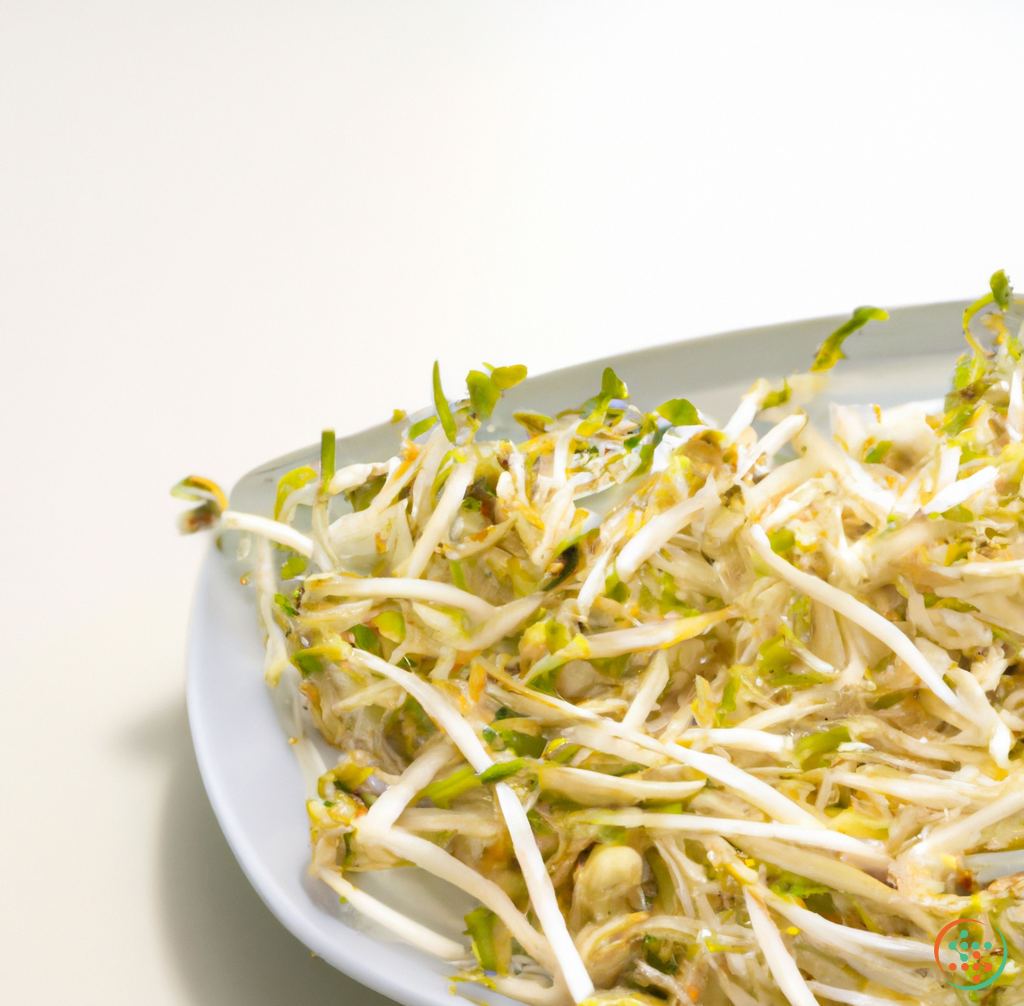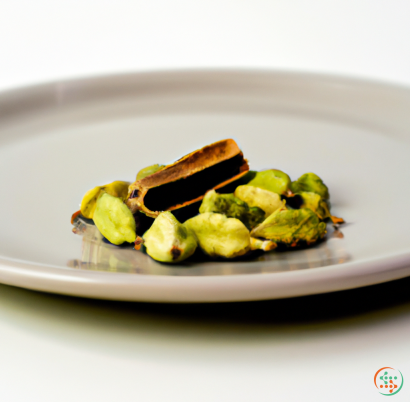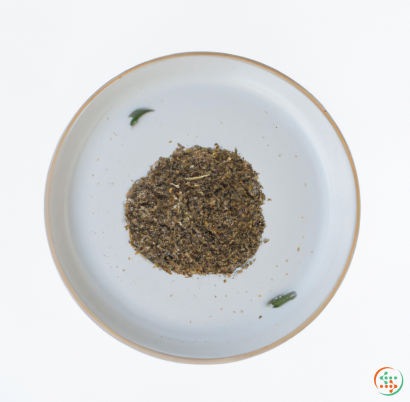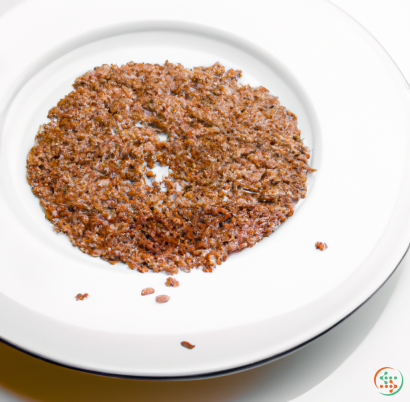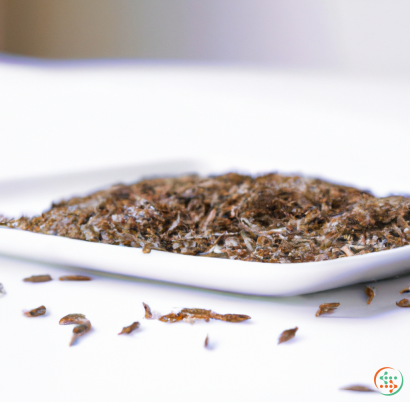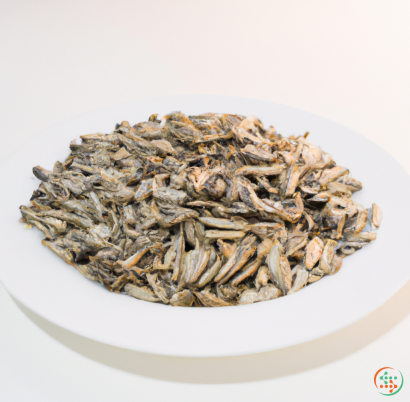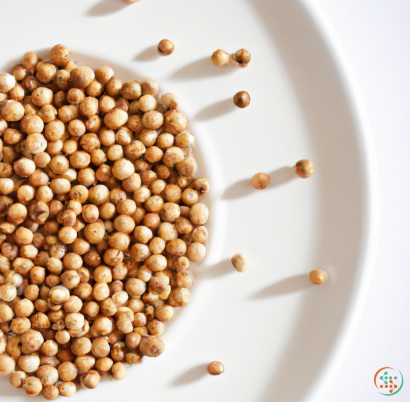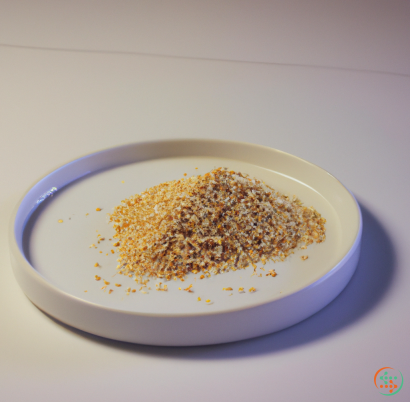Kidney Bean Sprouts
What is a Kidney Bean Sprout?
A kidney bean sprout is an edible sprout that is produced from the common red kidney bean. It is a nutritious and popular source of food and can be eaten raw, cooked or used as an ingredient in salads, sandwiches, wraps, soups, stews and other dishes.
Kidney bean sprouts are high in fiber and contain a variety of vitamins and minerals, including vitamin B, iron and magnesium. They are a great source of plant protein, are low in calories and fat, and help to keep your digestive system healthy.
Kidney bean sprouts are available in most supermarkets and health food stores, and can be found in a variety of forms, such as fresh, frozen or canned. You can even grow them at home – it only takes a few days for the seeds to sprout.
How to Grow Kidney Bean Sprouts
Growing your own kidney bean sprouts is quite simple, and all you need is a few kidney beans, some water and a container to hold the beans.
First, take one tablespoon of dry kidney beans and place them into a cup, bowl or jar. Then pour filtered water into the cup, bowl or jar until the beans are submerged. Allow them to soak for 8-10 hours, then drain and rinse the beans.
Next, transfer the beans to the container that you’ve chosen. Place the container in a warm, dark and moist place and cover it with a kitchen towel. Every day, rinse the beans by adding 1 cup of filtered water and letting them soak for an hour or so. Every two to three days, drain the water and rinse the beans.
You will notice small root buds growing after a few days, and the beans will be ready to eat within 10 to 12 days. Once the beans have sprouted, store them in the refrigerator to keep them fresh for up to one week.
Nutritional Benefits of Kidney Bean Sprouts
Kidney bean sprouts offer a wide range of nutritional benefits, and their high fiber content helps to keep your digestive system healthy. They are also high in calcium, phosphorus, iron and magnesium, and are a good source of protein.
The antioxidants found in kidney bean sprouts can help to protect your body from free radical damage, and they are also low in calories and fat.
When it comes to vitamins, kidney bean sprouts provide you with B vitamins, including thiamin, riboflavin, niacin and vitamin B6. They are also a good source of vitamin C and folate.
Ways to Enjoy Kidney Bean Sprouts
Kidney bean sprouts can be enjoyed in a variety of ways. They can be eaten raw, added to salads and sandwiches, used in wraps or made into soups. They can also be cooked and stir-fried with other vegetables, added to stews, or used as a topping for noodles.
In general, kidney bean sprouts should be cooked for a short time in order to retain their nutritional value. They should also be eaten as soon as possible after purchase, as they can spoil quickly.
Conclusion
If you’re looking for a nutritional boost, or want to add a unique dimension to your meals, then kidney bean sprouts are a great option. They’re easy to grow and can provide you with a wide range of vitamins and minerals. So why not give them a try today?
The Journey of a Kidney Bean From Sprout to Plate
A warm summer evening, a delicious meal, and a plate of fully cooked, perfectly seasoned kidney beans. It’s an evening we can all appreciate: the ease of cooking a nutritious meal at home, coupled with the convenience of modern agricultural practices allowing us to enjoy these kidney beans any time of year. But what’s the journey of a kidney bean? Where does a bean sprout come from, and how does it make its way onto our plates? We’re going to dive deep into the journey of a kidney bean, from its origin to the preparation of the meal.
The first step in the journey of a kidney bean is the plant itself. The common bean, or Phaseolus vulgaris, is a herbaceous and annual flowering plant found in the Fabaceae family. This humble bean originated in Central and South America and has been cultivated by indigenous peoples for centuries for its palatable and nutritionally dense seeds. There are over 5,000 varieties of these beans grown around the world, including pinto beans, black beans, navy beans, and small red beans. Each of these beans, whether grown in a garden or from a field, are the same species at their core and contain similar nutrients, such as carbohydrates, proteins, vitamins, and minerals.
Once harvested, the beans are sorted and removed from their pods before they can begin their journey to the dinner plate. Once separated, the beans are cleaned and sorted to ensure they are free of stones and other contaminants. After this sorting process, the beans are separated into two categories: those that are meant for cooking and those that are meant for sprouting.
Sprouted beans for dinner, you may be asking? Yes, sprouted beans, or beans that have germinated and are beginning to soften, are an excellent and nutritious food to be included in your meal. With sprouted beans, you can enjoy more of the nutritional benefits than with ordinary cooked beans. Sprouted beans are rich in plant-based proteins, essential fatty acids, vitamins, minerals and other vital nutrients.
One of the best ways to grow a sprout is through the use of a sprouter. This device is a small and easy to use container with a mesh lid which helps to keep the beans moist and warm. First, the beans are placed inside the sprouter and then rinsed with fresh water and drained. As the beans soak, they begin to absorb the water and start to swell. This process takes 12-24 hours, and throughout this time, the beans are rinsed 2-3 times daily.
After the beans have been soaking for 12-24 hours, they are ready to be left and allowed to sprout. During this time, the beans will double in size as the sprouts emerge from the bean. The length of time in which the sprouts emerge from the beans varies from bean to bean, with some taking up to one week to sprout. After the sprouts have grown, it’s time to transfer the sprouts to a sunny spot for further growth.
Once securely placed in a sunny spot, the beans require just the right amount of water, light and warmth to further the growth of the sprouts. Watering the bean-sprouts twice a day is necessary to keep them large and full of energy. As the days pass, the sprouts will slowly begin to brown and harden, indicating they are ready to be harvested.
Now that our sprouts have emerged and we’ve taken care of them, its time to prepare the beans for dinner. It’s important to note that although cooked beans will retain most of their nutrient value, sprouted beans can contain three times the amount of dietary fiber than the same amount of cooked beans. This increased amount of dietary fiber gives the sprouted beans a richer, sweeter taste.
When preparing the beans for dinner, it is important to consider the end dish. For some meals, boiling the beans in lightly salted water for 10-20 minutes helps to soften them up, making them easier to digest and providing a simpler texture. For other meals, a quick sauté or stir-fry can bring out the nutty flavor of the beans.
Once prepared, the beans can now be served as part of the meal. Whether its part of a risotto, a simple side dish, a hearty chili, or a warm stew, the addition of these sprouted beans will not only add nutrition to the dish but also a delightful flavor that is sure to brighten any meal.
When we consider the journey of a kidney bean, from sprout to plate, we can truly appreciate the process that each tiny bean has gone through. From its inception on a plant to its transformation into a flavorful and nutritious meal, the journey of a kidney bean is something that should be honored, admired, and generally appreciated. Enjoy the process, relish in the flavor, and thank the bean for its journey.
| Vitamin C | 0.0387 grams | |
| Vitamin B1 | 0.37 mg | |
| Vitamin B2 | 0.25 mg | |
| Vitamin B3 | 0.00292 grams | |
| Vitamin B5 | 0.37 mg | |
| Vitamin B6 | 0.09 mg | |
| Vitamin B9 | 0.059 mg |
| Calcium | 0.017 grams |
Daily Value 1.3 g
|
| Iron | 0.81 mg |
Daily Value 0.018 g
|
| Magnesium | 0.021 grams |
Daily Value 0.4 g
|
| Phosphorus | 0.037 grams |
Daily Value 1.25 g
|
| Potassium | 0.187 grams |
Daily Value 4.7 g
|
| Sodium | 0.006 grams |
Daily Value 2.3 g
|
| Zinc | 0.4 mg |
Daily Value 0.011 g
|
| Copper | 0.16 mg |
Daily Value 0.9 mg
|
| Manganese | 0.18 mg |
Daily Value 0.0023 g
|
| Selenium | 0.6 ug |
Daily Value 0.055 mg
|
| Tryptophan | 0.044 grams | |
| Threonine | 0.176 grams | |
| Isoleucine | 0.186 grams | |
| Leucine | 0.302 grams | |
| Lysine | 0.239 grams | |
| Methionine | 0.044 grams | |
| Cystine | 0.048 grams | |
| Phenylalanine | 0.212 grams | |
| Tyrosine | 0.144 grams | |
| Valine | 0.216 grams | |
| Arginine | 0.228 grams | |
| Histidine | 0.118 grams | |
| Alanine | 0.174 grams | |
| Aspartic Acid | 0.546 grams | |
| Glutamic Acid | 0.512 grams | |
| Glycine | 0.144 grams | |
| Proline | 0.169 grams | |
| Serine | 0.224 grams |
| Total Sugars | 0.131141 grams |
per 100g
|
| Palmitic acid (16:0) | 0.06 grams |
|
| Stearic acid (18:0) | 0.01 grams |
|
| Total Saturated fatty acids: | 0.07 g | |
| Oleic acid (18:1) | 0.04 grams |
|
| Total Monounsaturated fatty acids: | 0.04 g | |
| Linolenic acid (18:3) | 0.17 grams |
|
| Linoleic acid (18:2) | 0.11 grams |
|
| Total Polyunsaturated fatty acids: | 0.28 g | |
